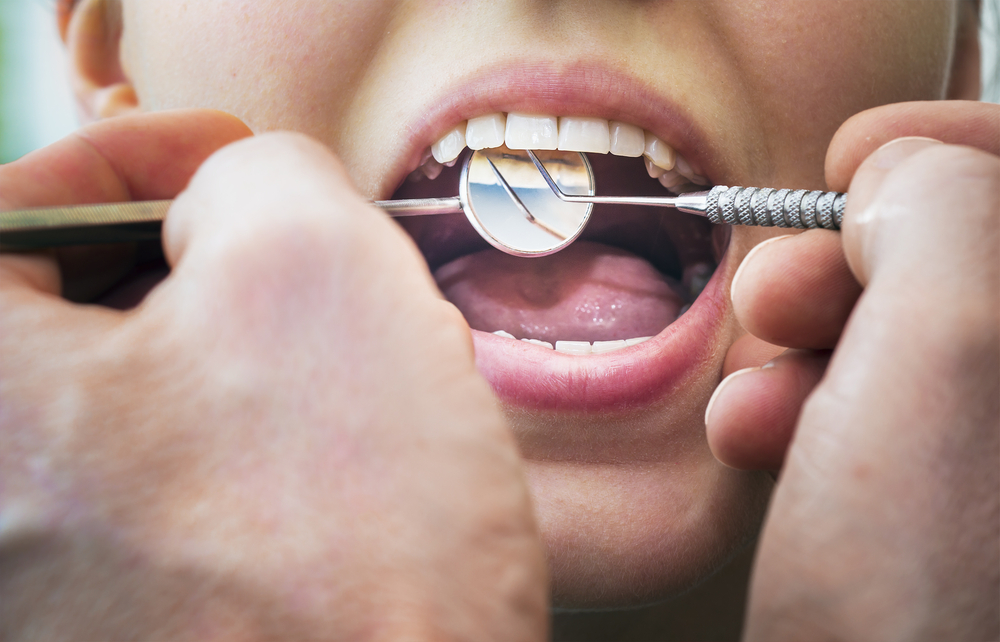Cavity: Symptoms, Causes, and Its Treatment

A dental cavity also commonly known as tooth decay is a hole caused in teeth by a bacterial attack. Cavities start small and then gradually transform into a bigger problem that can be extremely painful. Usually, cavities start when dental hygiene is not properly taken care of and then grows when a dentist is not consulted at the right time.
Cavities can be treated in several ways and can also be prevented if the measures are taken properly and beforehand. Let us now discuss the causes, symptoms, and treatment of a dental cavity in detail.
Cavity symptoms
The symptoms of a cavity can be seen in different phases in each individual. At most times when the cavity is building up, it may not appear as a problem and may also be painless. However, over time it can grow painful and also make it difficult to eat and swallow.
The few basic symptoms to look for are a hole in your teeth that is easily visible along with sensitivity, pain of different frequencies, and white or black stains. When the bacteria start attacking, it takes help from the plaque that is the build-up and may look like a black or white stain. After the first layer is disturbed, they move onto the second which causes a hole in the teeth because the layer is softer. The last layer that gets attacked is the pulp which contains nerves and later becomes a cause of sensitivity and pain.
The patient may also experience swelling in the gums as when they are disturbed, there is no place for them to expand so they swell up. It is advised to visit a dentist as soon as you start noticing any of the above-stated symptoms. It gets more difficult to treat cavities at later stages than before.
Tooth cavity causes
The primary cause of a tooth cavity is the plaque that gets deposited on the top of the teeth. You may have noticed that white-colored sticky substance that gets deposited on the first layer of teeth if you have not brushed or eaten something sugary or starchy. That deposition is called plaque and it is made up of a mixture of bacteria, food materials, saliva, and acid. When the plaque is not cleaned and removed for a longer time then it starts attacking the teeth which later turn into a tooth cavity.
The longer the plaque sits on the teeth the higher the risk for a dental cavity. So, the first step you can take to protect yourself from cavities is to not let plaque sit for too long. As the plaque also contains a combination that can easily erode the first enamel layer and weaken it.
Now that the cause of the tooth cavity is made clear, let us discuss who all are at the most risk. People who do not take care of their dental hygiene and let that plaque remain on the teeth for longer hours are mostly supposed to get this problem. Also, people with low fluoride intake and a dry mouth can also be the first suspects. Consuming too much sugar and starch also puts you at risk.
Tooth cavity treatment
Now the tooth cavity treatment depends on the intensity of the problem. People who are at the early stage of tooth decay can either be treated with lifestyle changes or a few easy solutions. However, people with totally destroyed teeth might need cavity filling or extraction. To start with, you may need to take a few painkillers to make yourself ready to go to the dentist as it makes the pain a little bearable.
Then once the diagnosis has taken place, you may be advised cavity filling, crowns, root canal, or a fluoride treatment. Fluoride can help those who are at an early stage of the problem and needs protection. Fillings will help in covering the holes that have been created by the bacteria. The dentist will clear out all the decayed material and then fill it up with the required substance. Crowns help to cover your existing destroyed teeth by acting as a sit-up. Most of the crown designs look exactly like natural teeth.
A root canal is for those whose internal nerves have been disturbed and need treatment. You can either have them removed or treated whatever the doctor suggests depending on the condition. One must take proper care of their teeth to protect themselves from any upcoming disease. As our mouth encounters several things a day, it is very important to keep it clean and fresh.
Conclusion
Tooth cavity happens to most of us and we may not be able to sense it until it gets bad. Consult your dentist from time to time for good dental health.






